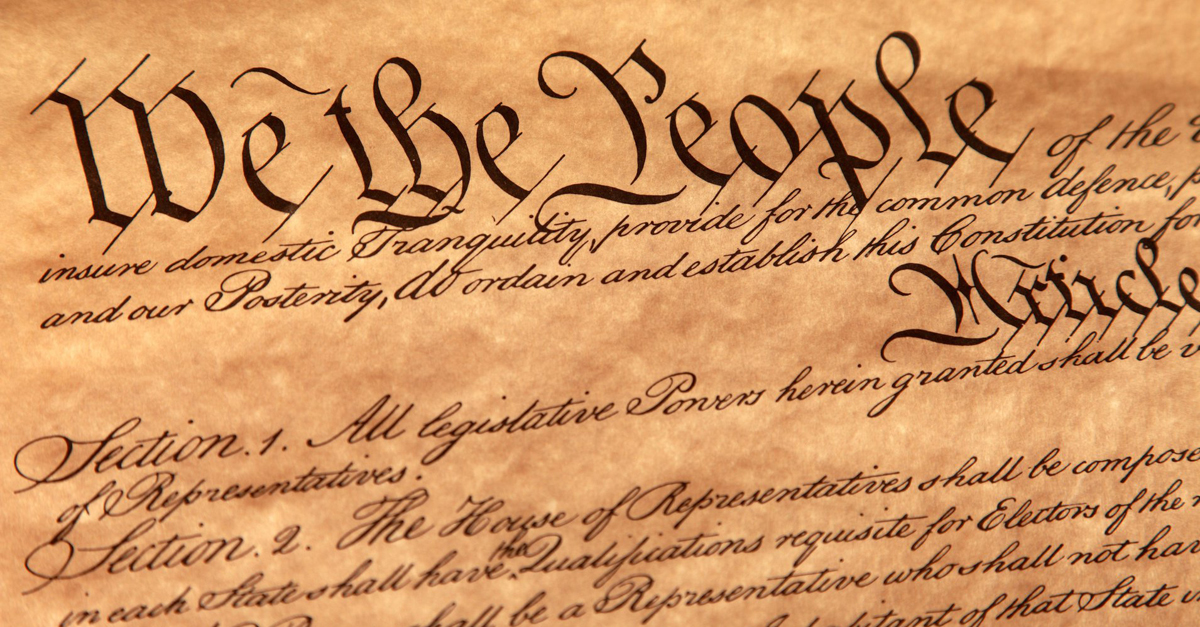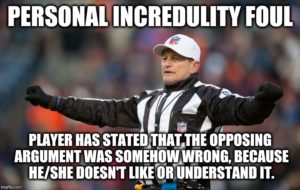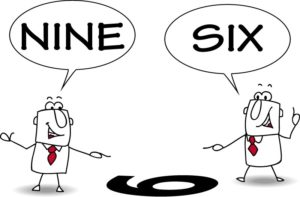
 In the simplest terms, the First Amendment is a guaranteed protection for the minority. This means a person, or group of people, who oppose a law, a policy, a position, a trend, or any action taken by the government, whether federal, state, or local, is guaranteed protection under the First Amendment to speak out against it. Why is this a protection for the minority? Because if you are a member of the majority that is in support of a policy, you don’t have a need to speak out against it, nor do you need protection. This right is extended to every American citizen, even those who work for the government. This is further supported by the implementation of “whistle blower” laws. Being an employee of the government doesn’t relieve one of their duty to report corruption, nor does it supersede one’s right to speak out.
In the simplest terms, the First Amendment is a guaranteed protection for the minority. This means a person, or group of people, who oppose a law, a policy, a position, a trend, or any action taken by the government, whether federal, state, or local, is guaranteed protection under the First Amendment to speak out against it. Why is this a protection for the minority? Because if you are a member of the majority that is in support of a policy, you don’t have a need to speak out against it, nor do you need protection. This right is extended to every American citizen, even those who work for the government. This is further supported by the implementation of “whistle blower” laws. Being an employee of the government doesn’t relieve one of their duty to report corruption, nor does it supersede one’s right to speak out.
What the First Amendment does not protect is hate speech, libel, defamation, etc., and it only protects you from government attempts to restrict what you can say. Every person living on this planet has the freedom to say anything they want to say about anyone they want, but it isn’t accompanied by freedom of consequence. In other words, you can insult a man on the street, but there’s nothing to prevent the consequence of receiving a beat down for doing it. Fortunately, in the United States, it is a crime to beat someone down in the street.
The reason I’ve taken the time to explain this is because I’ve witnessed and experienced gross misinterpretations of Freedom of Speech and feel the need point out how easily one can be confused by it. We have seen the Left attack the NFL, and the Right, because a player is allowed to kneel and pray. We have seen the Right attack the NFL, and the Left, because a player is allowed to “take a knee” instead of standing for the national anthem. Who it right?
 I have seen one respected retired member of the military declare a boycott on the NFL because they allow someone to disrespect the flag they fought to defend, and I’ve seen another respected retired member of the military praise the NFL for allowing someone to exercise a right that they fought to defend. Who is right?
I have seen one respected retired member of the military declare a boycott on the NFL because they allow someone to disrespect the flag they fought to defend, and I’ve seen another respected retired member of the military praise the NFL for allowing someone to exercise a right that they fought to defend. Who is right?
We have seen members of the education reform movement criticize and attack teachers for voicing their opposition to policies as though that right is taken away by virtue of being a teacher while at the same time promoting a campaign encouraging teachers to speak up and be a part of policy decisions.
We have seen school boards enact policies intended to restrict what employees can say while fully aware that hate speech, libel, and defamation are not protected speech, but speaking out against policy is.
 With the exception of the last one, all of these are examples of having the freedom to say whatever you want, but not without consequence. The problem in these examples is that they are not debates from opposite sides of an issue. They are condemnation for exercising one’s right and/or for not sharing the same views. The NFL did nothing wrong by allowing someone to exercise their freedom of religion and freedom to protest peacefully. Teachers speaking out against policy are simply exercising their First Amendment Right. People who criticize them have the right to say what they want, but personal attacks may actually be libel or defamation and not protected speech.
With the exception of the last one, all of these are examples of having the freedom to say whatever you want, but not without consequence. The problem in these examples is that they are not debates from opposite sides of an issue. They are condemnation for exercising one’s right and/or for not sharing the same views. The NFL did nothing wrong by allowing someone to exercise their freedom of religion and freedom to protest peacefully. Teachers speaking out against policy are simply exercising their First Amendment Right. People who criticize them have the right to say what they want, but personal attacks may actually be libel or defamation and not protected speech.
The last example is one of a government entity passing a policy that restricts what a taxpaying citizen has the right to say under the protection of the First Amendment. Even one who happens to be employed by the same entity.
 I am reminded of a colleague from India. We became pretty good friends before he relocated to Australia. I’m a beef, pork, chicken, baked, fried, or grilled kinda guy. As a practicing Hindu, some of the things I eat are as repugnant to him as three day old fish in a plastic bag under the hot sun is, to me. So what? We had so many other things in common that our few differences didn’t matter.
I am reminded of a colleague from India. We became pretty good friends before he relocated to Australia. I’m a beef, pork, chicken, baked, fried, or grilled kinda guy. As a practicing Hindu, some of the things I eat are as repugnant to him as three day old fish in a plastic bag under the hot sun is, to me. So what? We had so many other things in common that our few differences didn’t matter.
We live in a society and time that embraces division and the belief that in all cases someone is right and the other is wrong over respect for one another’s beliefs and opinions. The clear message being delivered by all of the above examples is that Freedom of Speech should only be protected when the speech is in agreement with your own. That is a gross misrepresentation of the First Amendment.
Remember, the First Amendment protects the minority.

